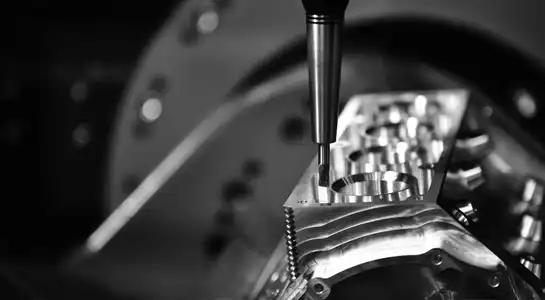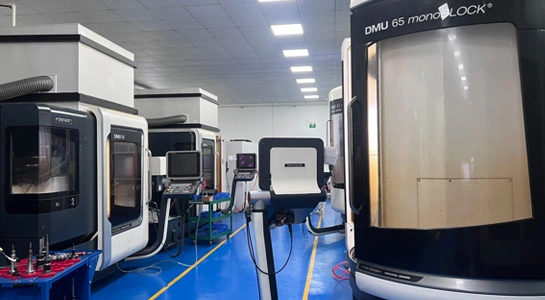Implementing Flexible Production Systems
Adopting Modular Manufacturing Layouts
For low-volume generation settings, secluded fabricating formats give inalienable versatility and are a crucial choice. Manufacturers can quickly adapt their production floor to fit changing product kinds and varying batch sizes using these systems, which are structured on portable workstations and readily adaptable equipment. This versatility reduces the time needed for setup adjustments and keeps expensive downtime between different production runs to a minimum. In situations with lower production numbers and varied product mixtures, the inherent flexibility greatly improves operational efficiency by optimizing workflow, increasing resource use, and so on.
Utilizing Multi-Purpose Equipment
Investing strategically in multi-purpose machinery fundamentally transforms low volume manufacturing capabilities. The need for many specialized devices is successfully eliminated by consolidating various processes into a single unit by use of these very adaptable machines. A prime example is the CNC machining center, adept at performing milling, drilling, and turning tasks, making it exceptionally suitable for producing varied components in limited quantities.This streamlined method streamlines the whole manufacturing process for small batches, saves expensive capital investment for several equipment, and simplifies and saves money on ongoing maintenance.And it saves valuable real estate on the industrial floor.
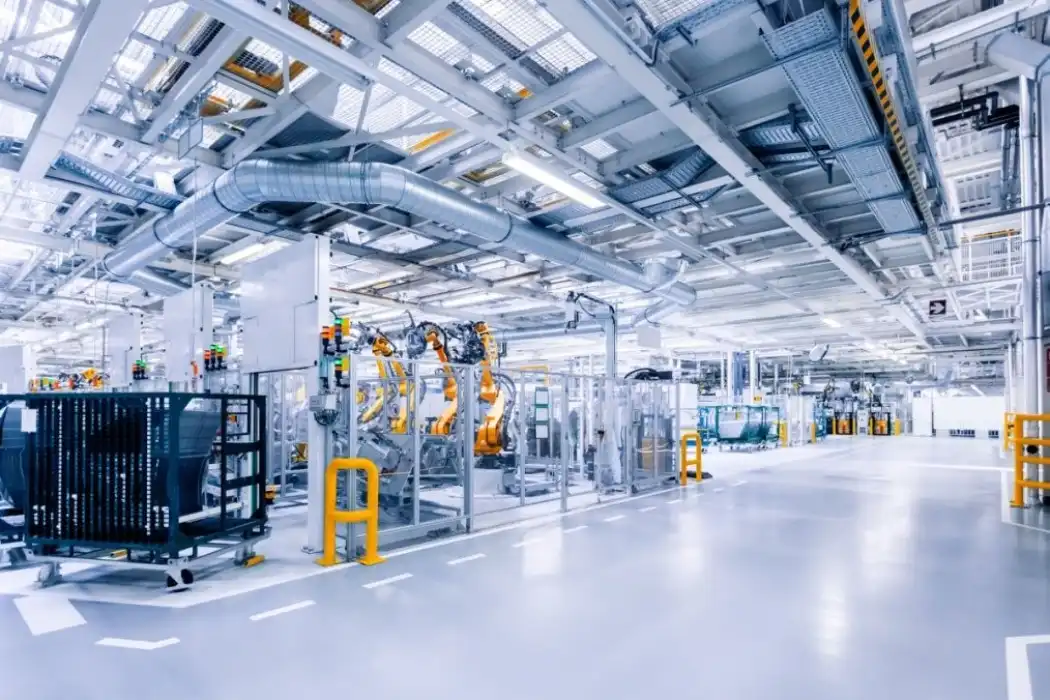
Implementing Quick-Change Tooling Systems
In low-volume manufacturing scenarios, quick-change tooling systems are invaluable tools.They facilitate extremely rapid transitions between different tools required for various product runs, slashing setup times to a minimum. By drastically reducing these non-productive intervals during changeovers, manufacturers preserve high levels of operational efficiency even when frequently switching between small batches of dissimilar products.Because of this increased nimbleness, facilities can meet the ever-changing needs of their customers with unwavering consistency in productivity and throughput.
Leveraging Advanced Technologies
Embracing Additive Manufacturing
3D printing and additive manufacturing have completely changed the game for small-scale manufacturing.This technology enables the creation of complex parts without the need for expensive tooling or molds.The flexibility and reasonableness of 3D printing make it an perfect choice for low-volume fabricating runs. It allows for rapid prototyping, on-demand production, and easy customization - all critical aspects in low-volume manufacturing scenarios.
Utilizing Advanced CAD/CAM Software
State-of-the-art Computer-Aided Design (CAD) and Computer-Aided Manufacturing (CAM) software play a crucial role in optimizing low volume manufacturing low-volume production.Better design, simulation, and manufacturing planning are all made possible by these advancements. Advanced CAD/CAM systems can quickly generate toolpaths for complex parts, reducing programming time and minimizing errors.Managing modest numbers of products with varying designs becomes much easier with this efficiency.
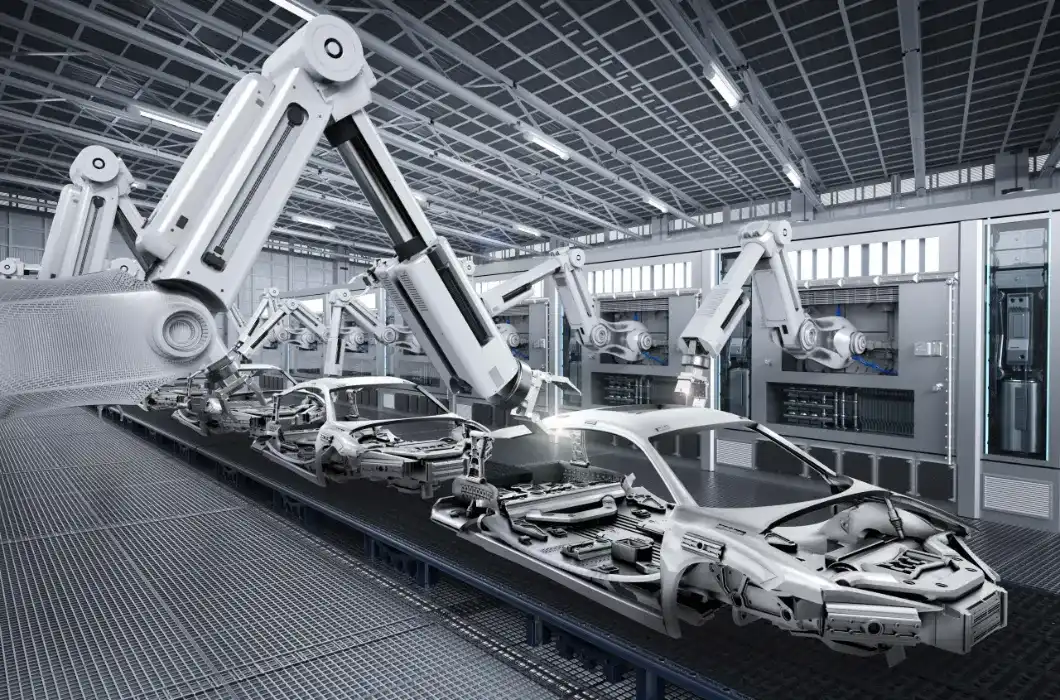
Implementing IoT and Data Analytics
Optimization of low-volume production may be greatly enhanced with the use of data analytics and the Internet of Things (IoT).By connecting machines and systems, manufacturers can gather real-time data on production processes.Finding bottlenecks, anticipating maintenance requirements, and allocating resources more efficiently are all made easier with this dataWhen working with small quantities, these technologies guarantee top-notch efficiency and quality control at every stage of production.
Optimizing Supply Chain Management
Developing Strong Supplier Relationships
Establishing reliable relationships with suppliers is crucial in manufacturing of modest volumes. When companies work together, they may streamline their ordering procedures, which lets them buy supplies in smaller amounts without breaking the bank. Better terms, quicker delivery dates, and more responsiveness to changes in production demands may result from these connections.Working together with providers may moreover lead to inventive arrangements that are particularly outlined for low-volume fabricating issues.
Implementing Just-in-Time Inventory Systems
Just-in-Time (JIT) inventory management is particularly beneficial for low volume manufacturing.By controlling the arrival of resources to ensure they are used for production exclusively, this method reduces inventory holding costs to a minimum. While just-in-time (JIT) systems may enhance cash flow and drastically cut down on waste, they do need meticulous planning and coordination. This implies less chance of outdated inventory and better use of resources for low-volume businesses.
Utilizing Advanced Forecasting Techniques
Accurate demand forecasting is essential in low-volume manufacturing to prevent overproduction or stockouts. Progressed estimating procedures, counting prescient analytics and machine learning calculations, can offer assistanceproducers expect advertise patterns and client needs more absolutely.In low-volume circumstances, these techniques allow for improved planning and resource allocation by analyzing historical data, market indicators, and other pertinent aspects to provide more realistic production volume forecasts.
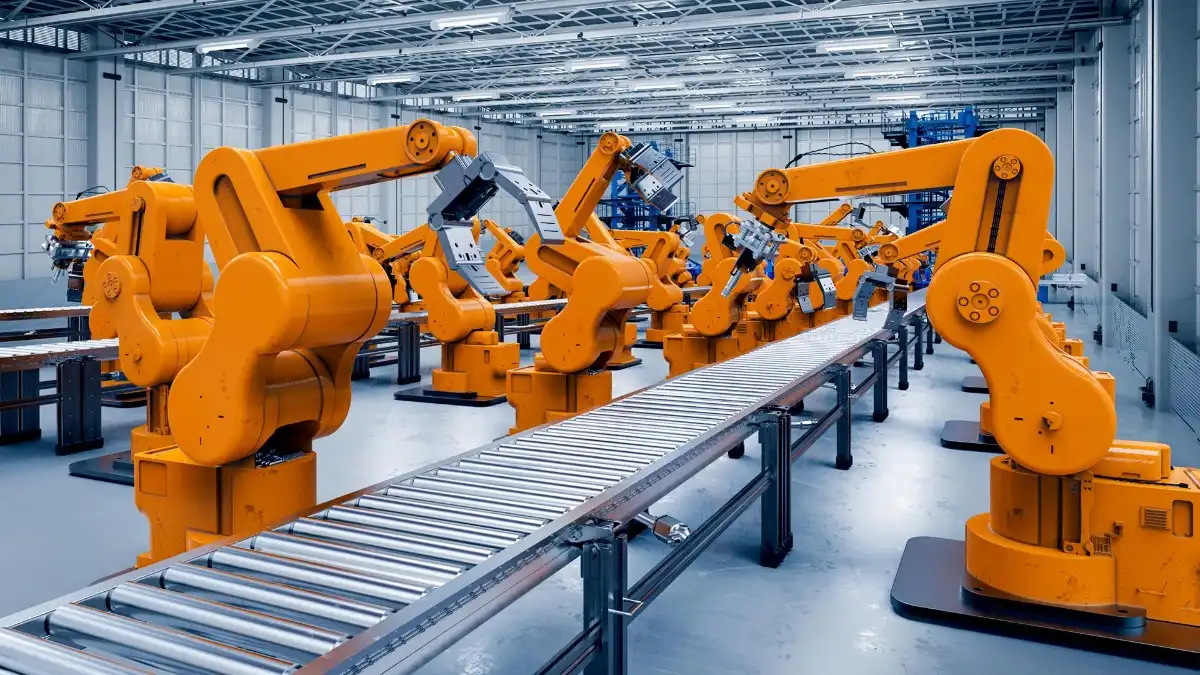
Conclusion
Tackling low volume manufacturing challenges requires a multifaceted approach.Flexible production procedures, state-of-the-art technology, and effective supply chain management are some ways that manufacturers may overcome the challenges of manufacturing on a smaller scale. Adaptable generation strategies, state-of-the-art innovation, and successful supply chain administration are a few ways that producers may overcome the challenges of fabricating on a littler scale. These techniques not as it were boost proficiency and cost-effectiveness, but they too permit businesses to react quickly to advertise changes.
Smart Solutions for Complex Low Volume Production Needs | BOEN
We at BOEN Prototype are very good at finding cutting edge solutions to tough production issues that only need to be made in small amounts.We are unique in our field because we are very good at making samples and small amounts of metal and plastic parts.We provide a wide range of services, such as CNC cutting, fast injection casting, and the latest 3D printing technologies.We can handle even the hardest jobs quickly because our team knows a lot about products and how to make things that work together.With BOEN, you can expect fast turnaround times, guaranteed quality, and tailored solutions for your unique manufacturing requirements.Email us at contact@boenrapid.com to find out more about our services.



